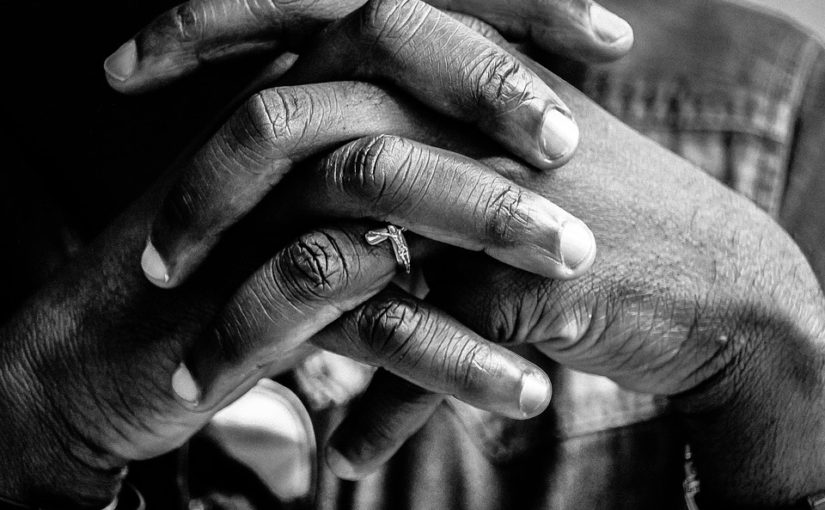
For Chesterton, the human experience is one which requires us to engage the world with wonder. This means examining our own life with a sense of mystery and awe. In a real way, it means not taking ourselves too seriously. There is a seriousness in our dignity; however, there is also a lightness to our existence. The key for living a good life then is a recognition of the dignity that we have as children of God, and the recognition that all we have is a gift.
St. Ignatius of Loyola recognizes this dynamic well when it comes to prayer. In his ninth rule of discernment of spirits, he offers three reasons that we enter desolation in prayer.
- The first reason is that we are tepid, and that we are not praying as we ought.
- The second reason though is a bit different. The second reason is that it is a test, to ensure that we pray to encounter God and not just receive the effects of God.
- The third reason he sets forth is that desolation is a reminder to us that spiritual consolation is a gift of God.
If we take Chesterton’s advice then, the best way to grow in our prayer is to not take ourselves too seriously. If we engage prayer as a child learning to speak with his or her parents, then we know that as we continue to practice, we shall grow in our conversation with God. It is a difficult and fun journey for growing closer to God.




